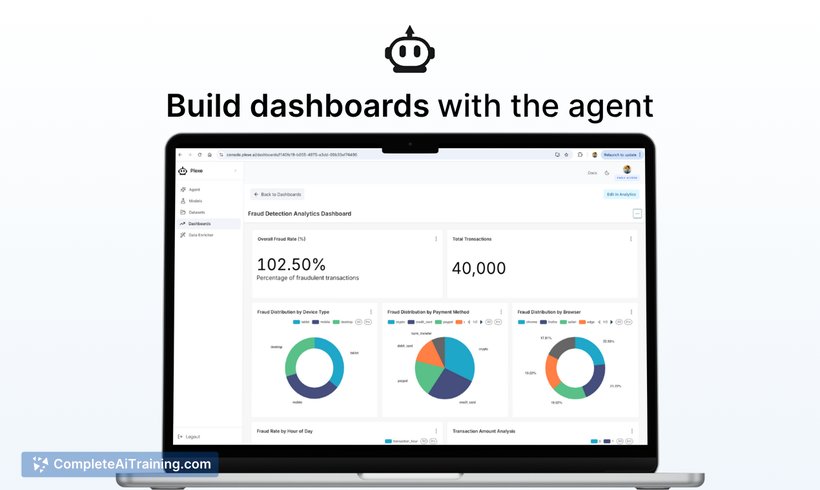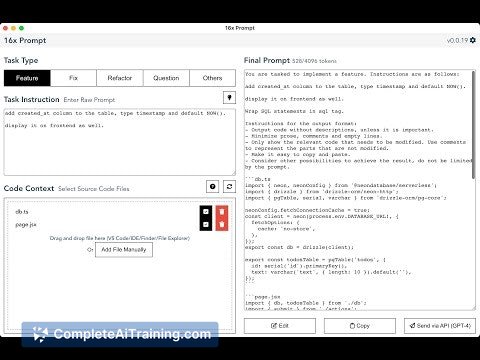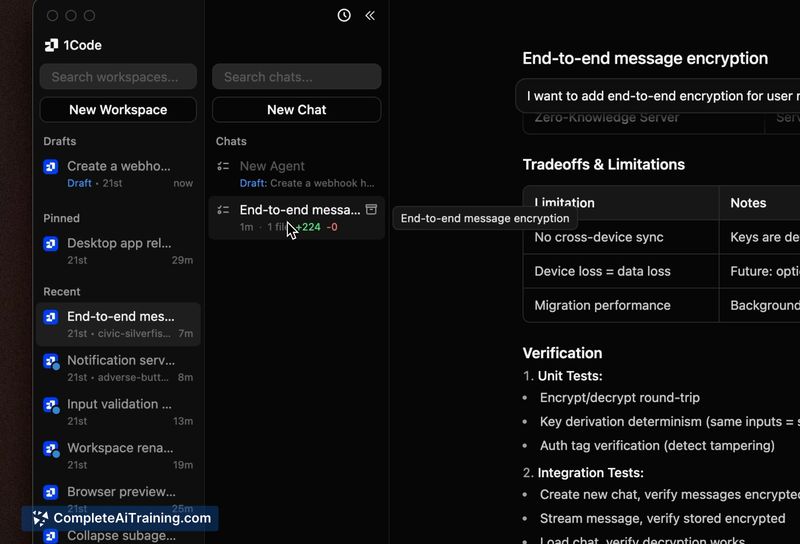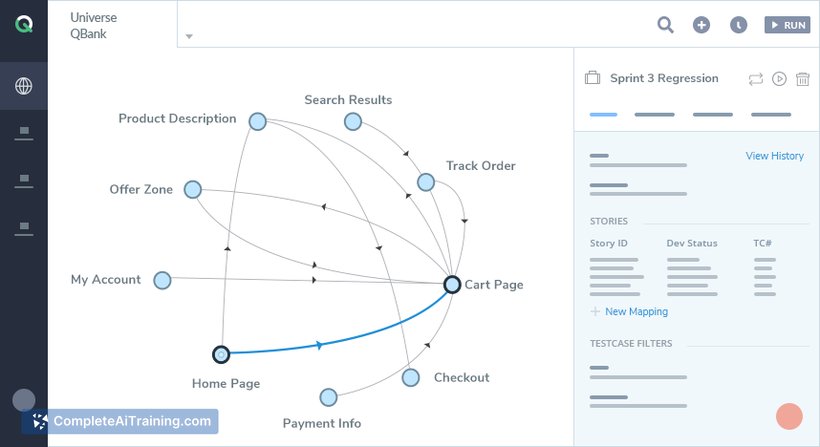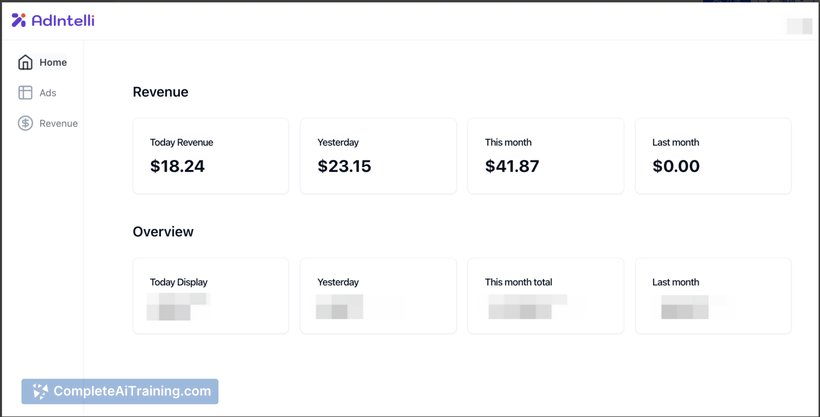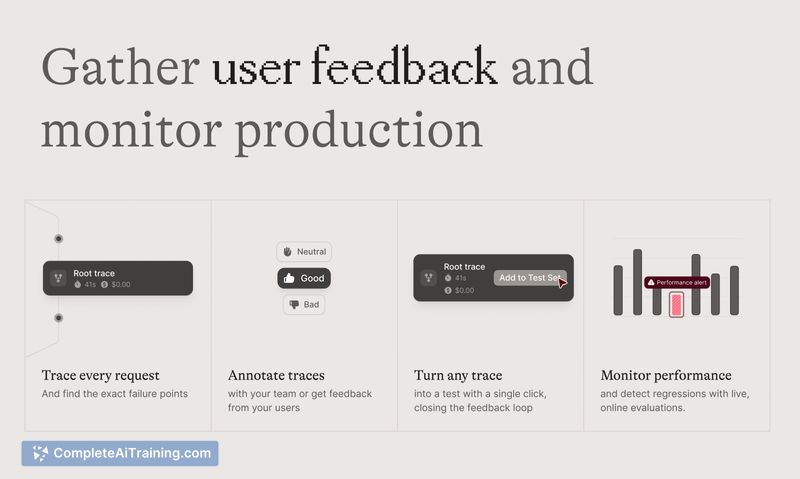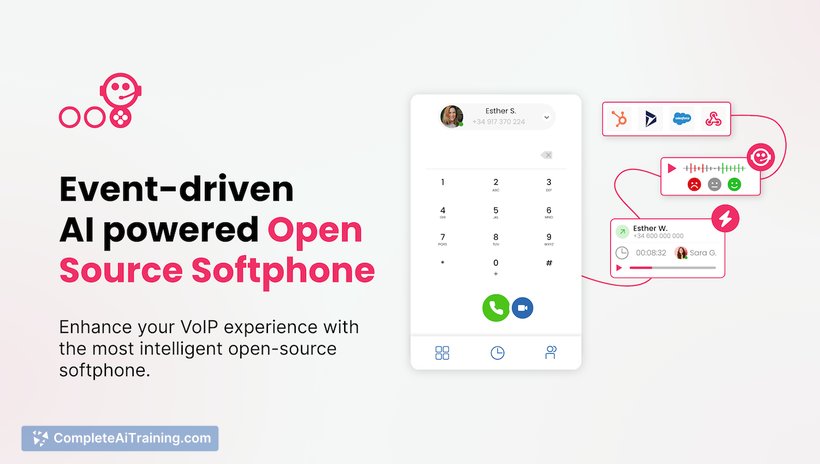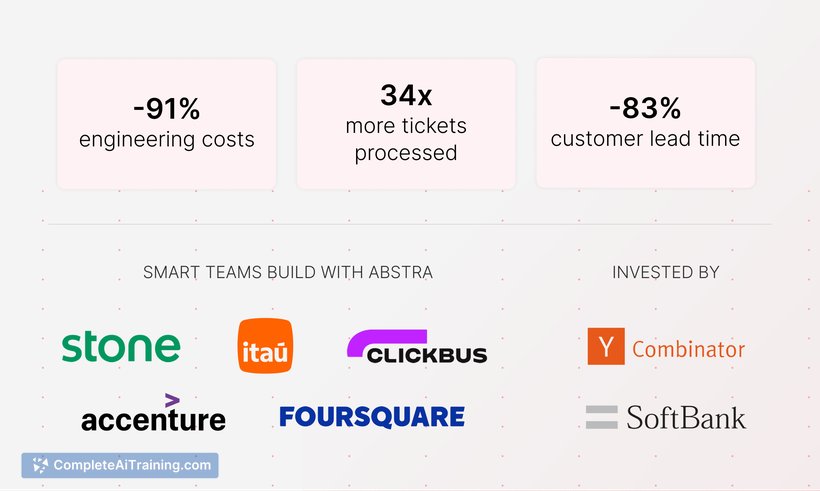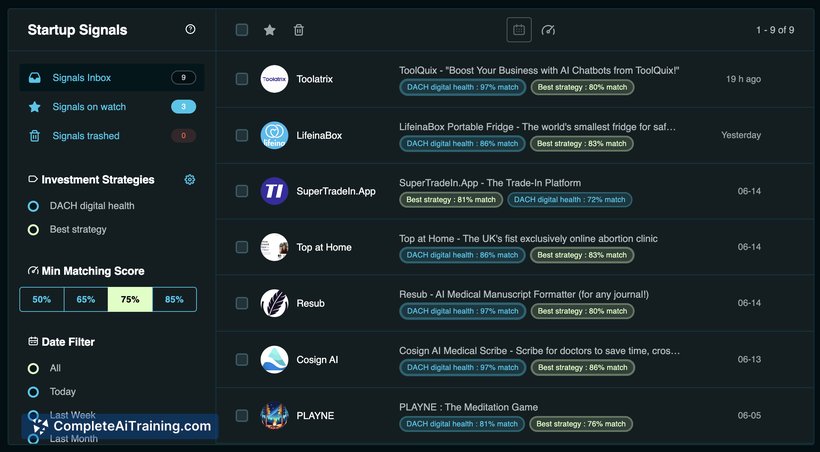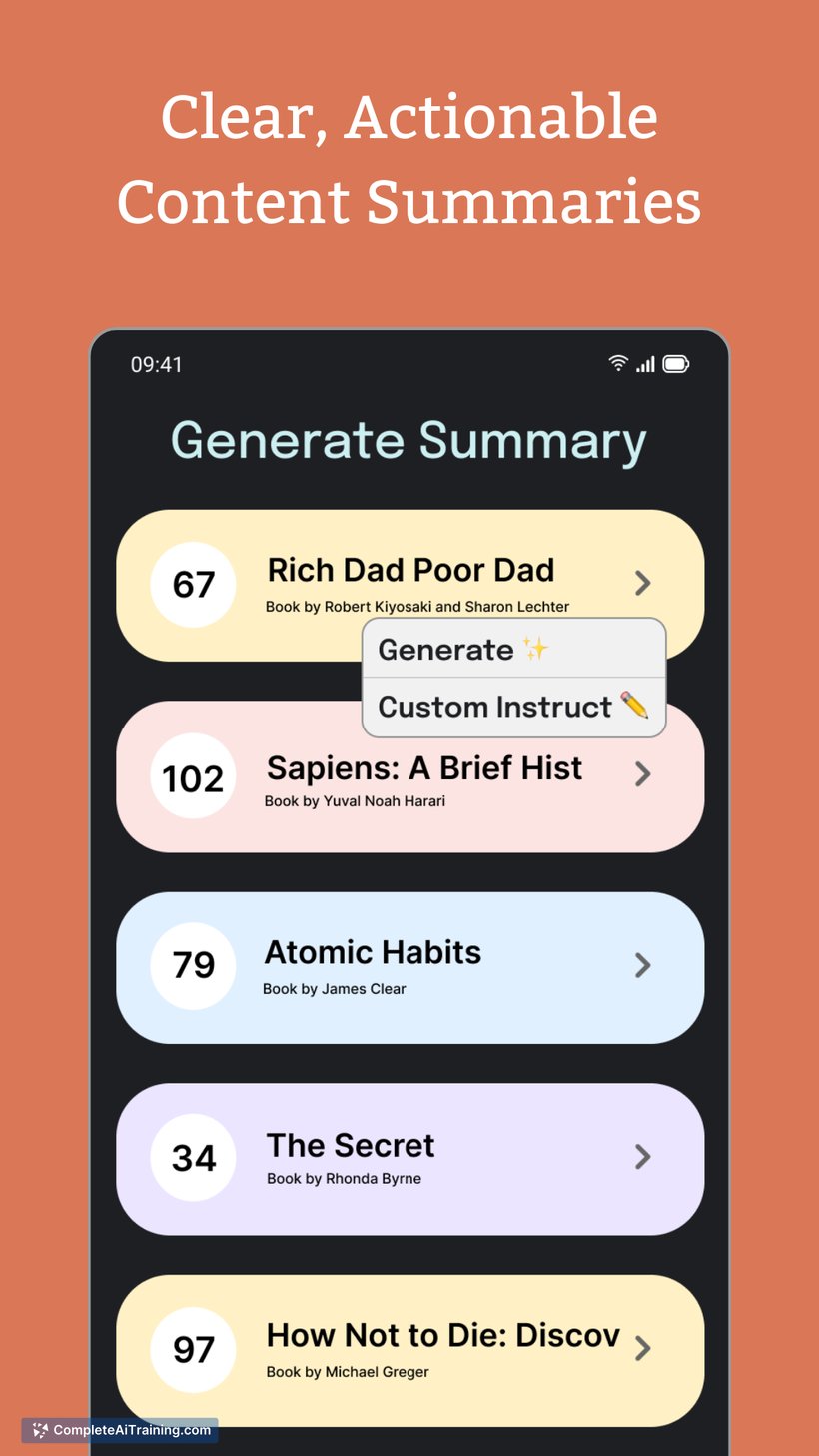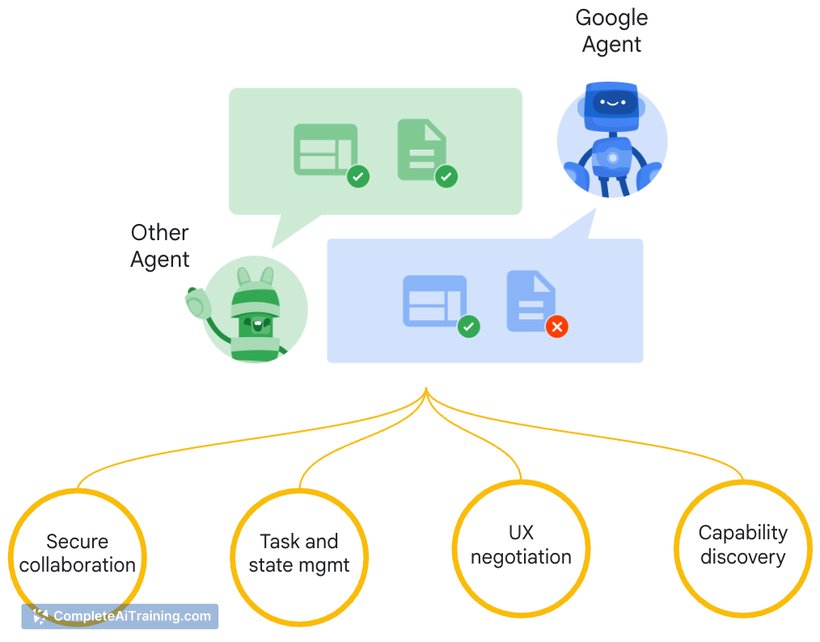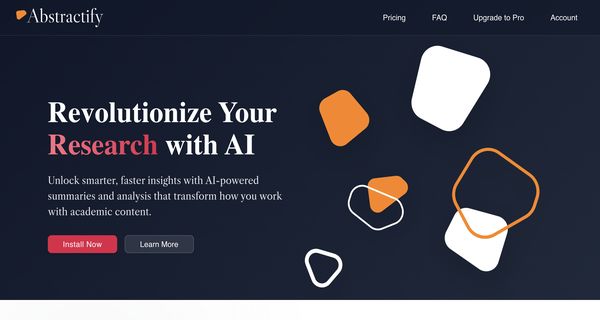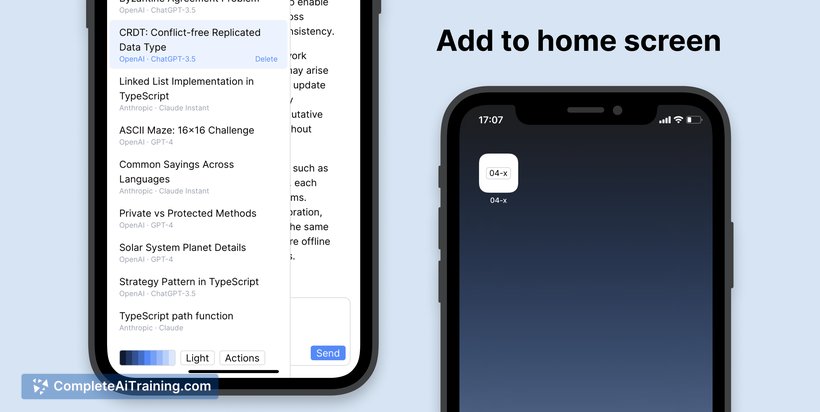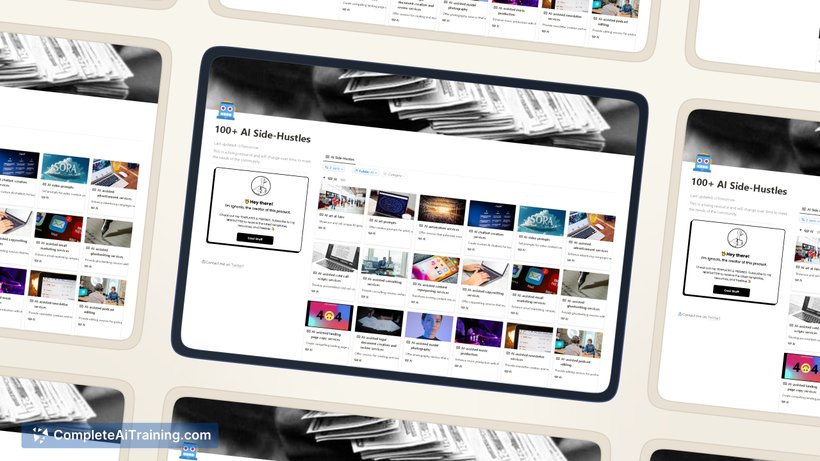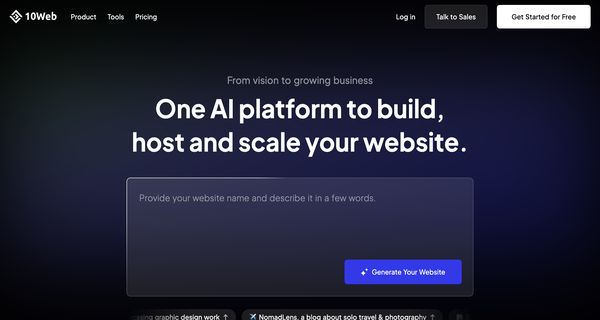About Plexe
Plexe is an AI data scientist platform that automates the end-to-end ML workflow from messy, structured data to deployable models using plain English prompts. It runs extensive diagnostic tests, generates evaluations and visual dashboards, and provides serverless deployment or self-hosting options for production use.
Review
Plexe offers a strong approach to reducing the repetitive work involved in model building by automating data discovery, feature engineering, model experimentation and deployment. The platform emphasizes transparency through a comprehensive evaluation suite and baseline comparisons, making it easier to assess model behavior before production.
Key Features
- Natural-language model building: create ML tasks and goals using plain English prompts.
- Automated data discovery and feature engineering that constructs end-to-end pipelines.
- 50+ diagnostic and evaluation tests, including baseline comparisons, feature importance and subgroup fairness checks.
- Serverless inference endpoints with automatic scaling and a self-hostable option for enterprise privacy requirements.
- Early-stage LLM-based labeling and dataset versioning to support workflows with unlabeled data.
Pricing and Value
Plexe provides a free option and promotional credits for new users, with paid usage tied to inference requests and additional platform features. For larger organizations, there is a self-hosting path that supports stricter compliance and data isolation. The main value proposition is faster time-to-model and reduced manual effort, which can be particularly cost-effective for teams that otherwise spend weeks or months on pipeline work.
Pros
- Automates most of the repetitive ML pipeline work, saving significant engineering time.
- Plain-English interface lowers the barrier for non-experts to experiment with models.
- Comprehensive evaluation reports and baseline comparisons improve transparency and decision-making.
- Built-in deployment and scaling options simplify moving models to production.
- Options for dataset versioning and self-hosting address governance and compliance needs.
Cons
- Currently focused on structured, relational data; image, audio and video support are planned but not yet available.
- Some governance features (continuous drift monitoring, granular data lineage, CI/git hooks) are still on the roadmap.
- LLM-based labeling and other newer features are in early stages and may require additional quality checks for production use.
Overall, Plexe is well suited for product managers, analysts, small data teams and students who need to move from data to models quickly without building custom pipelines. It's also a practical option for engineering teams that want a faster path to production with transparent model evaluations, while larger enterprises can benefit from self-hosting and planned governance enhancements.
Open 'Plexe' Website
Your membership also unlocks:

